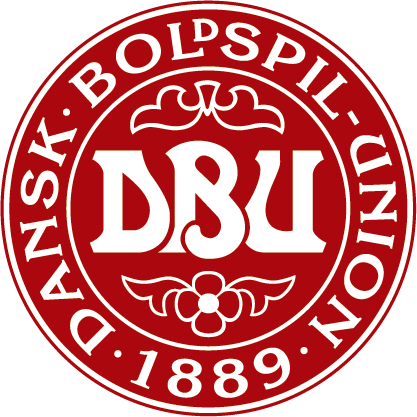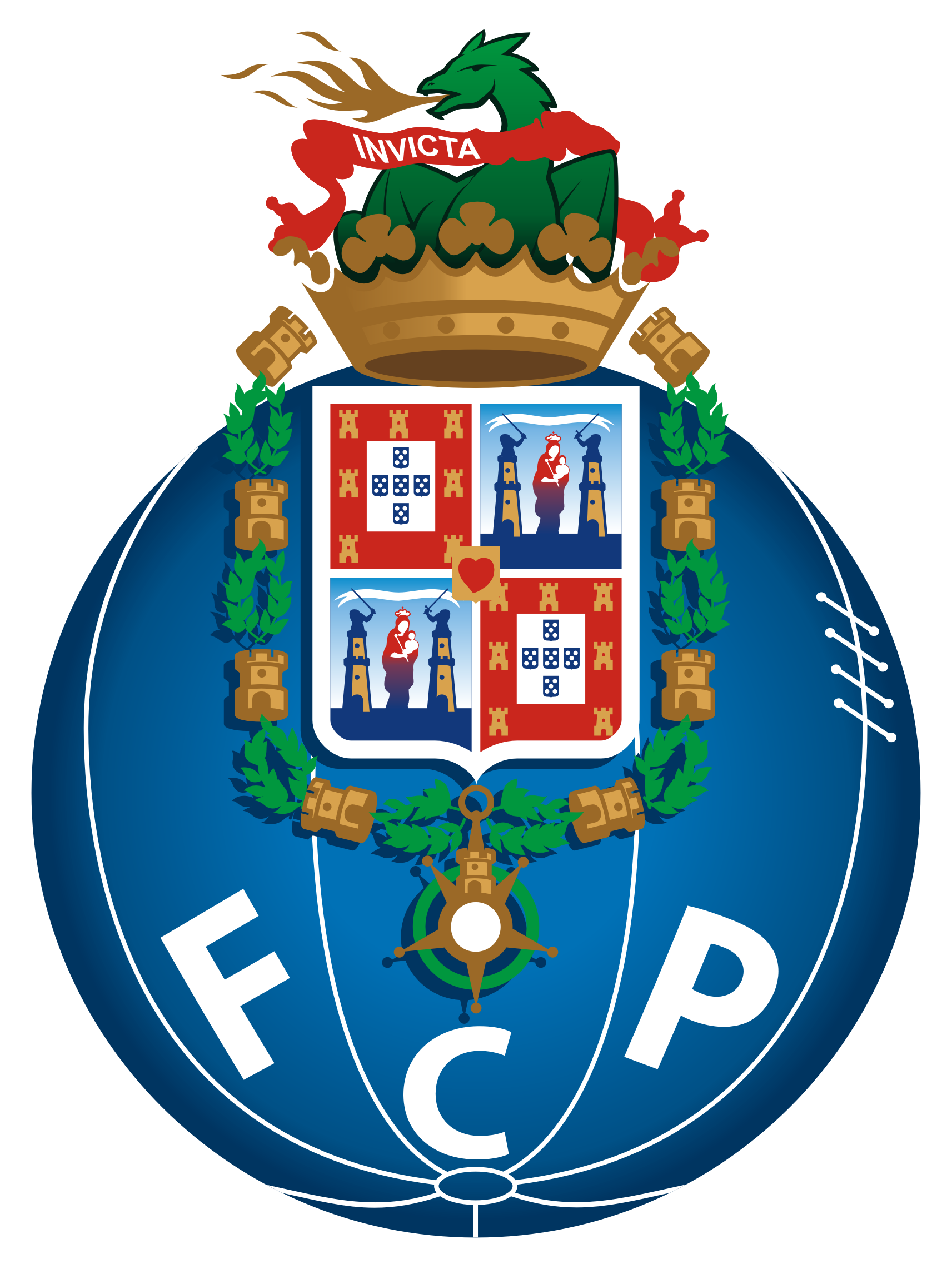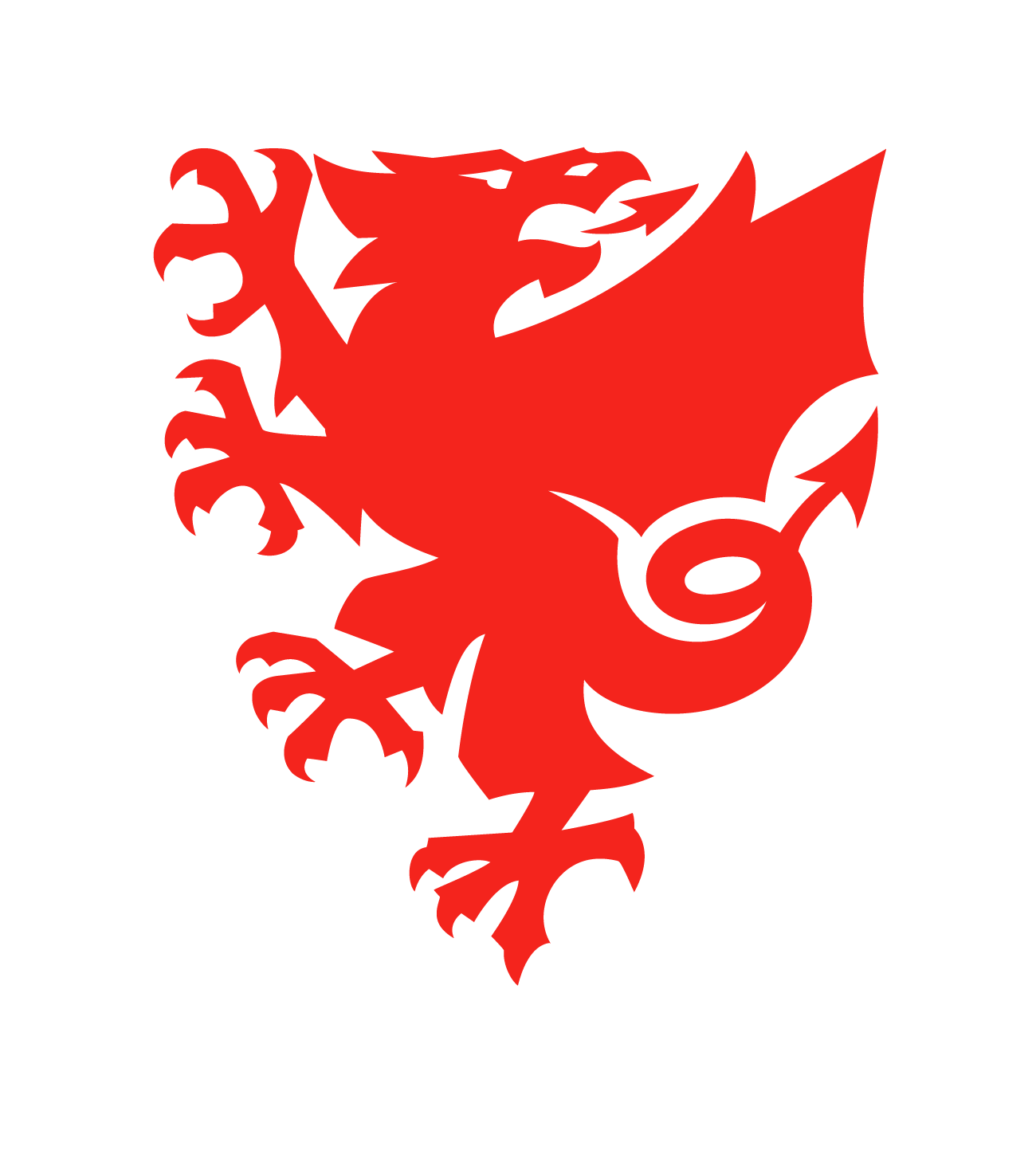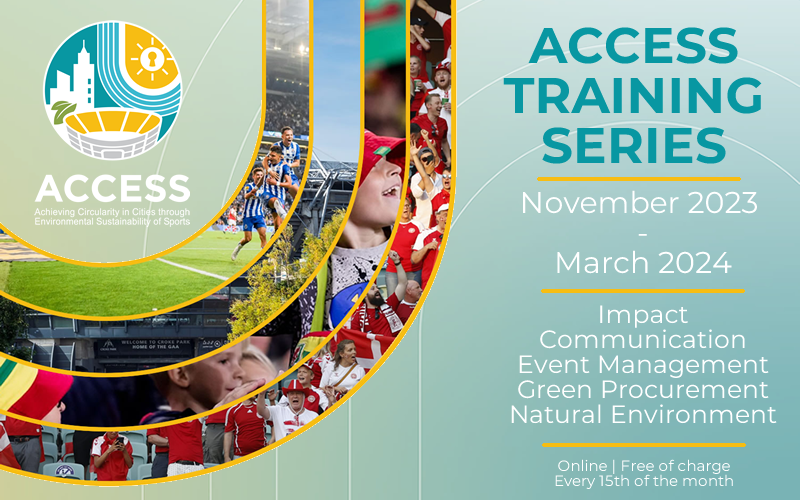3 down, 2 to go: the ACCESS project is halfway through its webinar series!
The ACCESS project is counting down the number of the webinars before the last one takes place and the overall series end. Don’t miss the last two episodes and watch the recordings of the previous ones.
After the first three episodes that aired on the 15th day of November, December, and January, for which nearly 50 participants registered, the project partners are now putting together the content and agenda for the remaining two episodes – on 29 February and 15 March.
The previously covered topics included sustainability communication and reporting, environmental assessments and green procurement in sports. The diverse pool of speakers and contributors, including journalists and campaigners like Sudhanshu Verma of REVOLVE media, Thom Rawson of Sustainable Football and Wolverhampton Wanderers, Katie Cross of Pledgeball, Sant’Anna School of Advance Studies academics and collaborators Nora Annesi, Alessio Novi, Matteo Donelli, Federico Merlo, Niccolo Todaro, and practitioners and experts in the mentioned fields such as Lucie Segalas of Surfrider Europe Foundation, Nuria Cases of ACR+, Mervyn Jones of the Dutch Ministry of Infrastructure and Water management and John Paxton of the Cardiff City Council.
The audience had the opportunity to reflect on the advantages, trends, tendencies and finding the appropriate audience when it comes to communicating sustainability. At the same time, that particular webinar wanted to discuss difference between qualitative and quantitative reporting, as a way to ensure continuous engagement in environmental improvements and being able to monitor them.
When it comes to environmental assessment – qualitative or quantitative, data or observation based, many approaches, tools and techniques exist out there – something that served as a perfect occasion to compare, discuss and understand their application in practice during the second webinar.
Finally, a principle and approach defined by green procurement, which is already well established in many public procurements and spending. By looking at the basics of green procurement, available tools and approaches, as well as all the added values not only for the environment but also local economy, employment and circular economy, the third webinar brought the idea closer to sport organisations.
The remaining two articles will look at event management as a complex set of processes and operations and nature and biodiversity which needs to be taken into consideration as an inseparable part of any ecosystem sports are taking place in.
Registration are still open, webinars are free of charge, please join us by registering here. In case you would like your testimonial, story or good practice to be featured within the project, do not hesitate to get back to us.
Rewatch the previous three webinars here:
Sustainability reporting: advantages, traps and finding your audience; 15 November
Environmental assessment: understanding your own impact and identifying potentials; 15 December
Green procurement: Securing environmentally friendlier goods and services; 15 January














